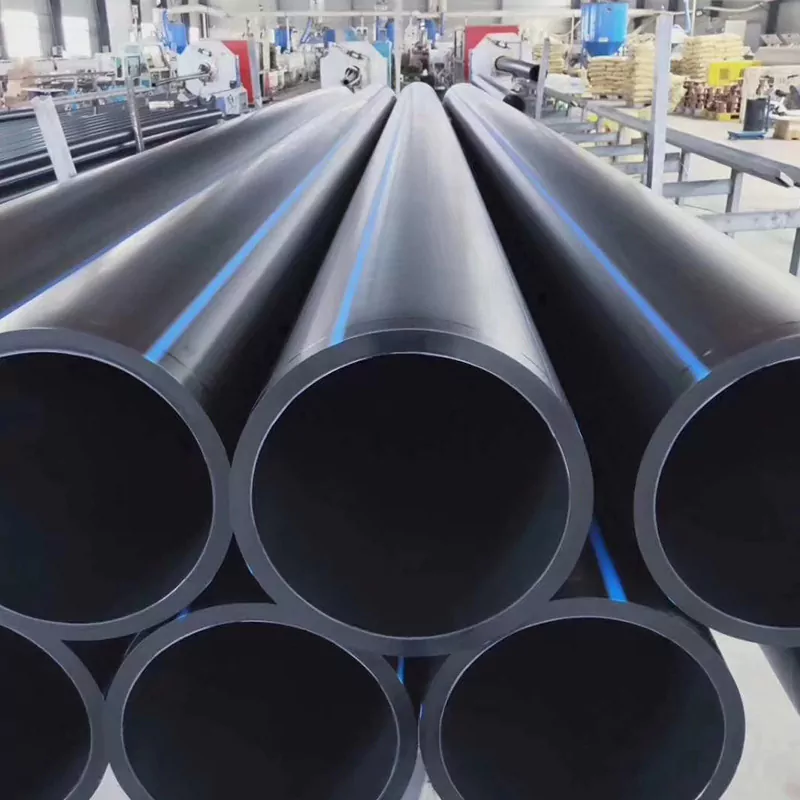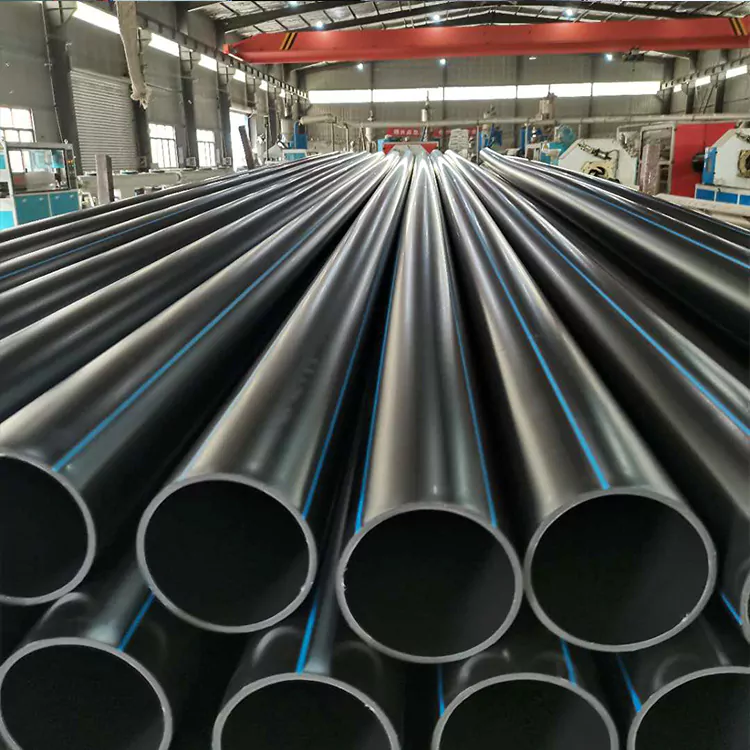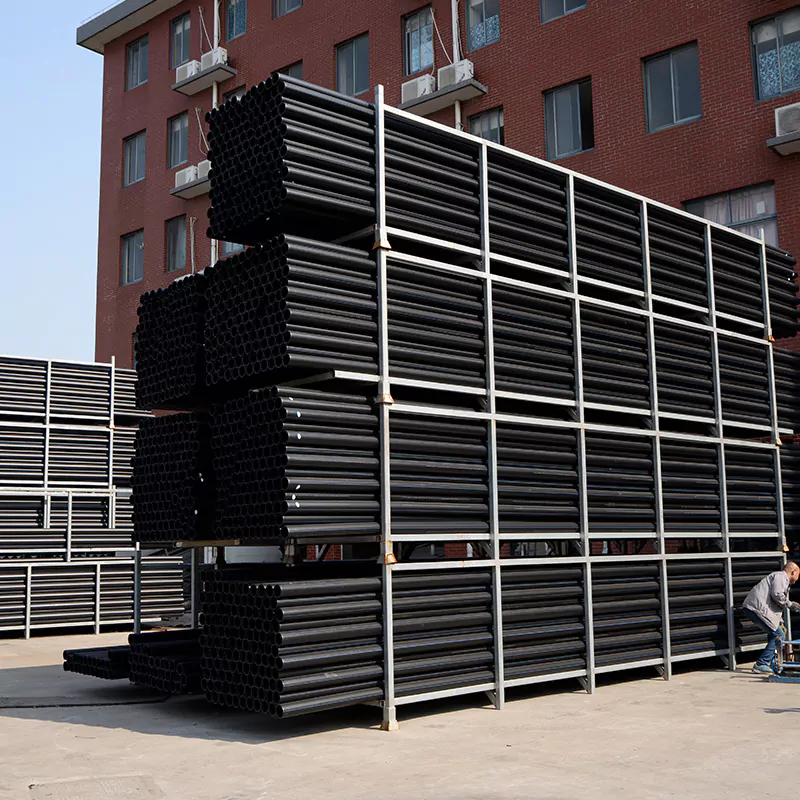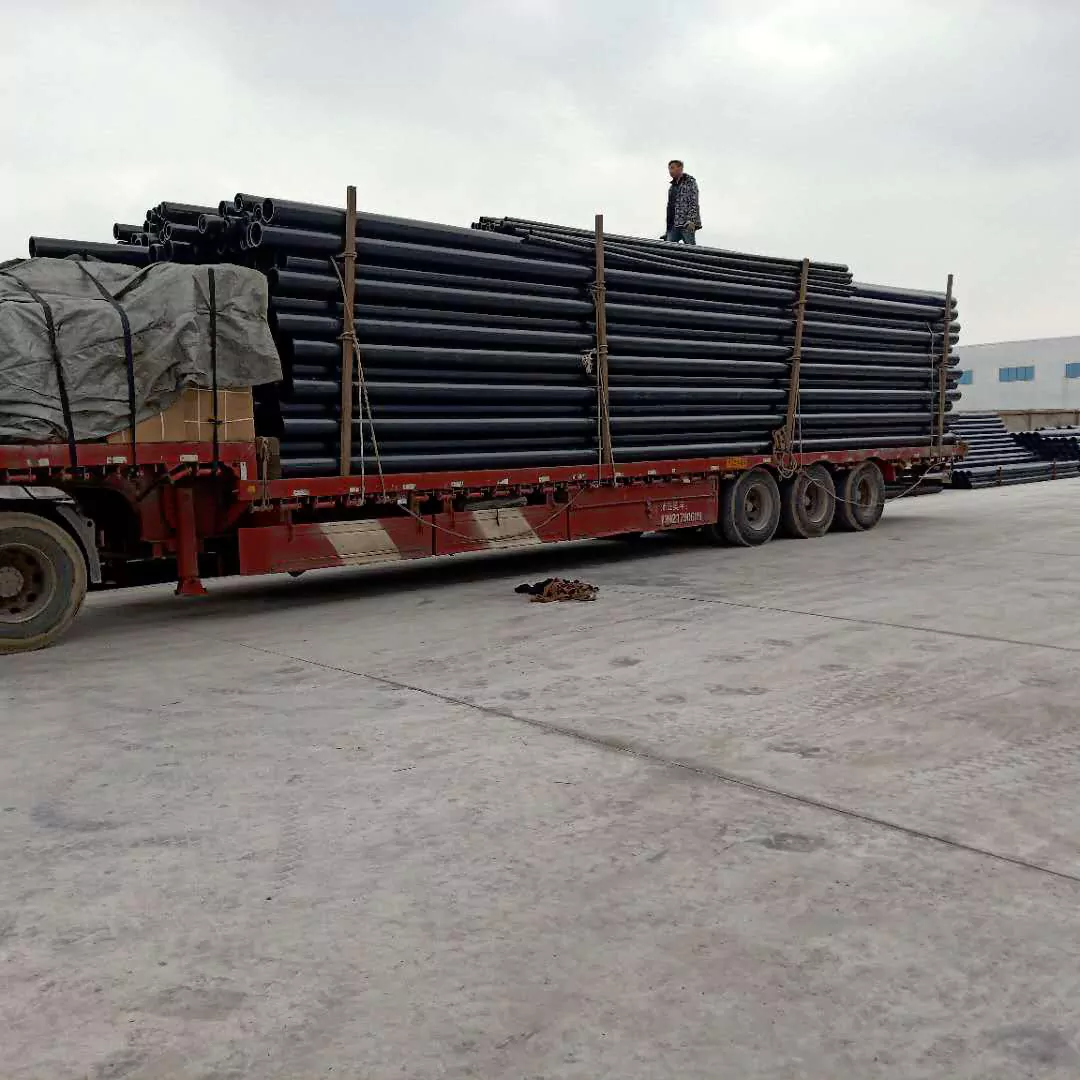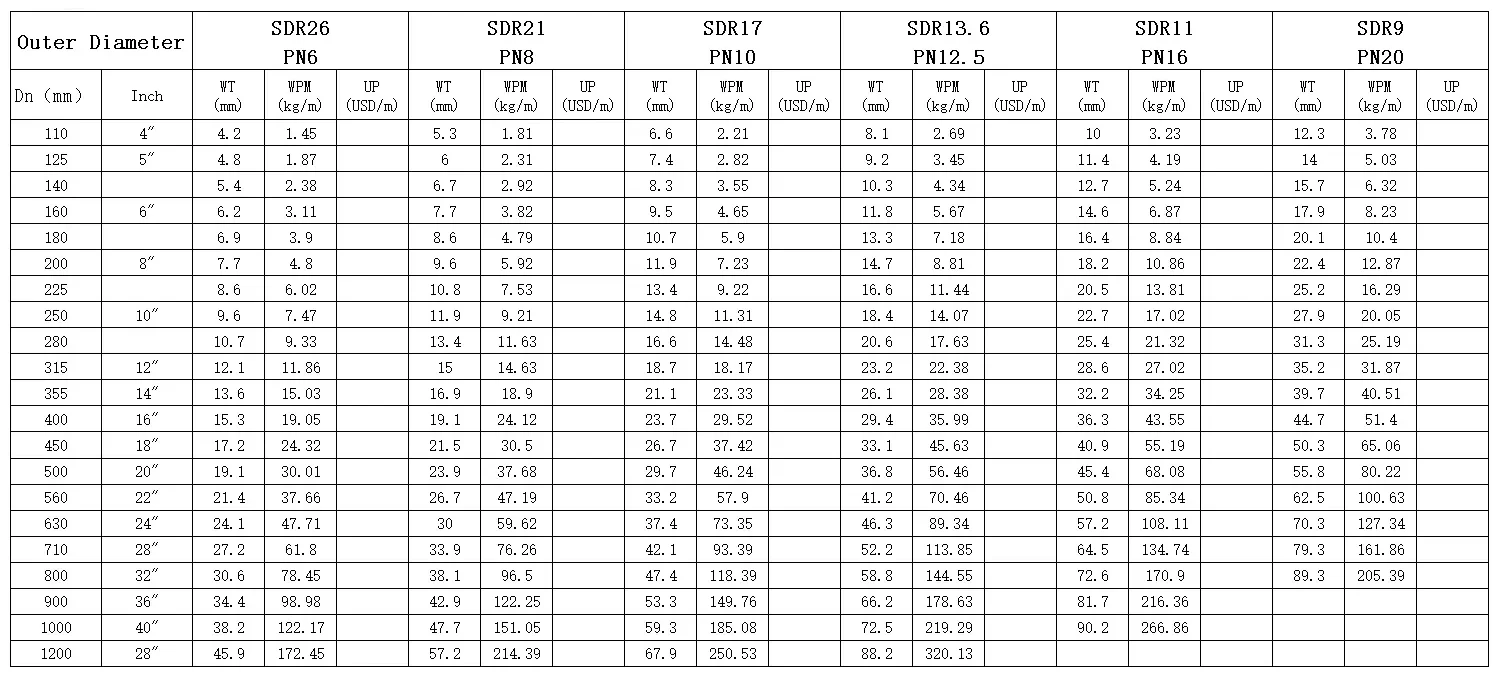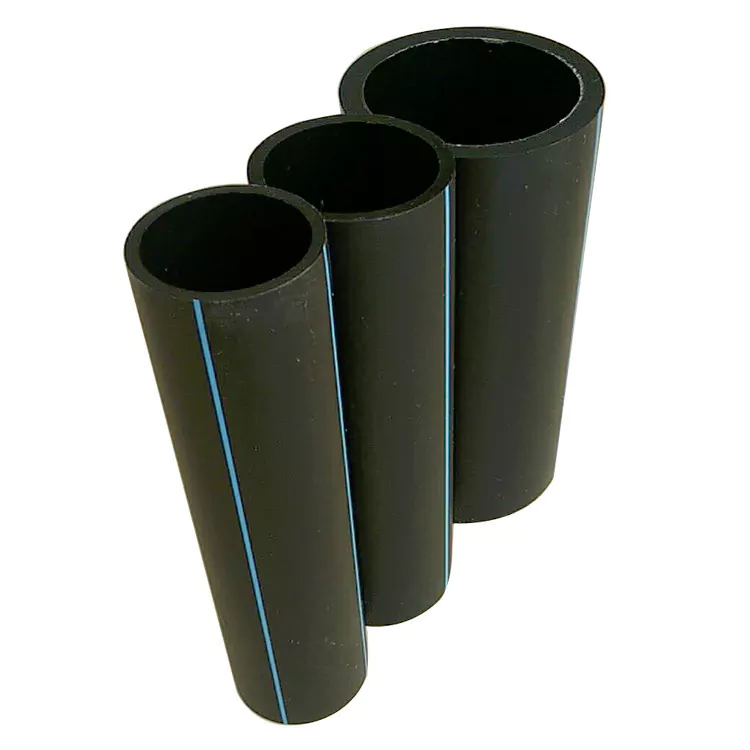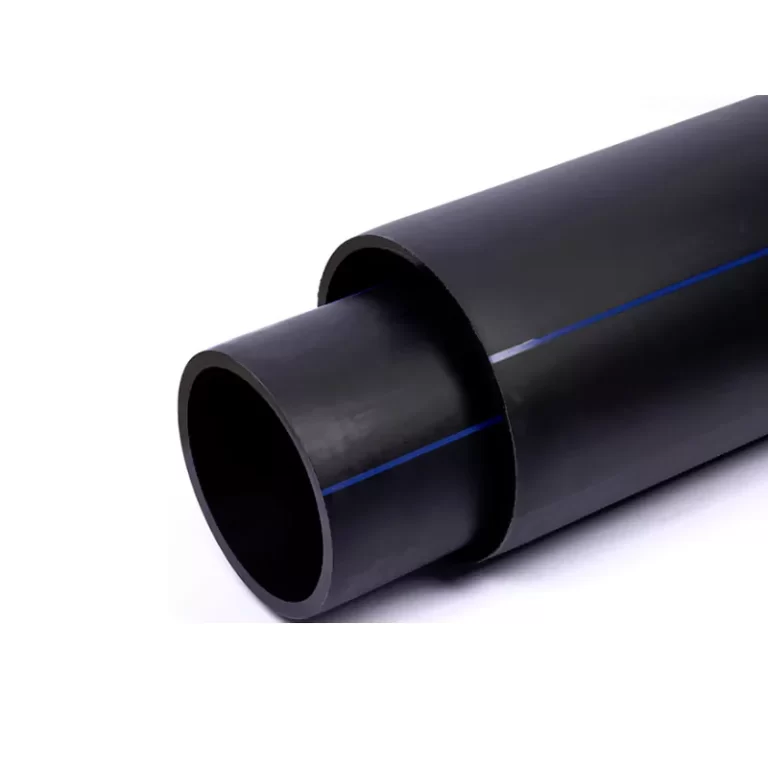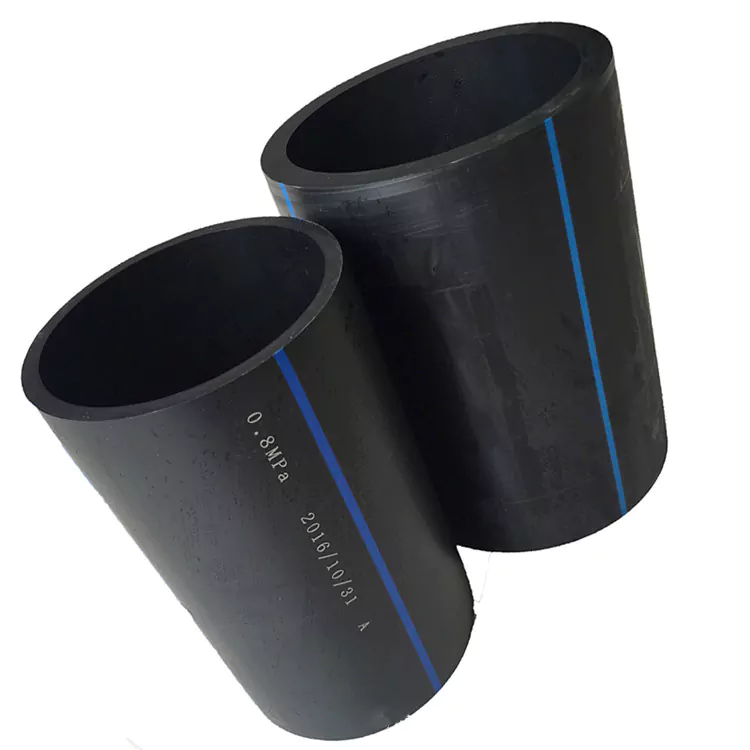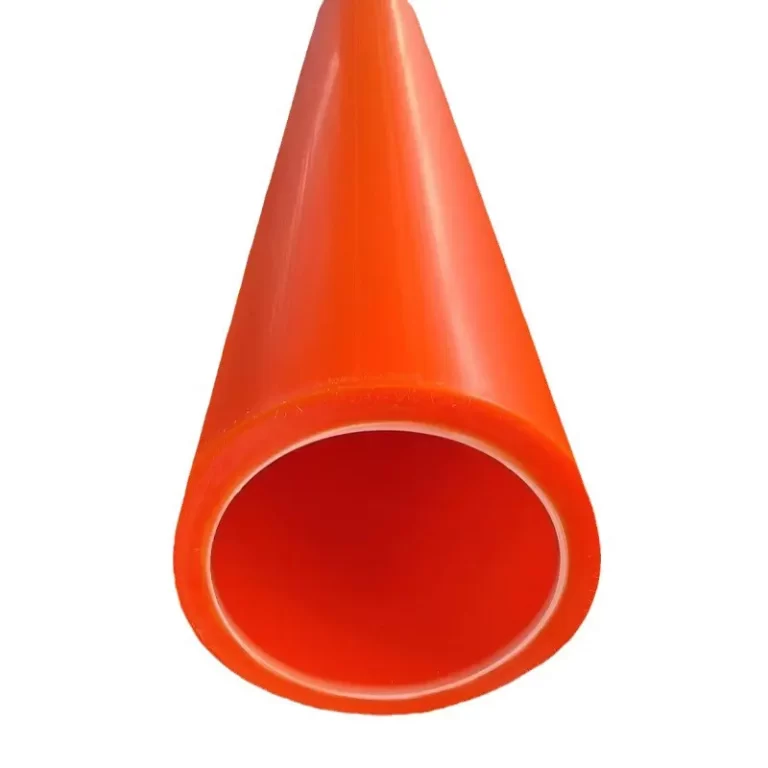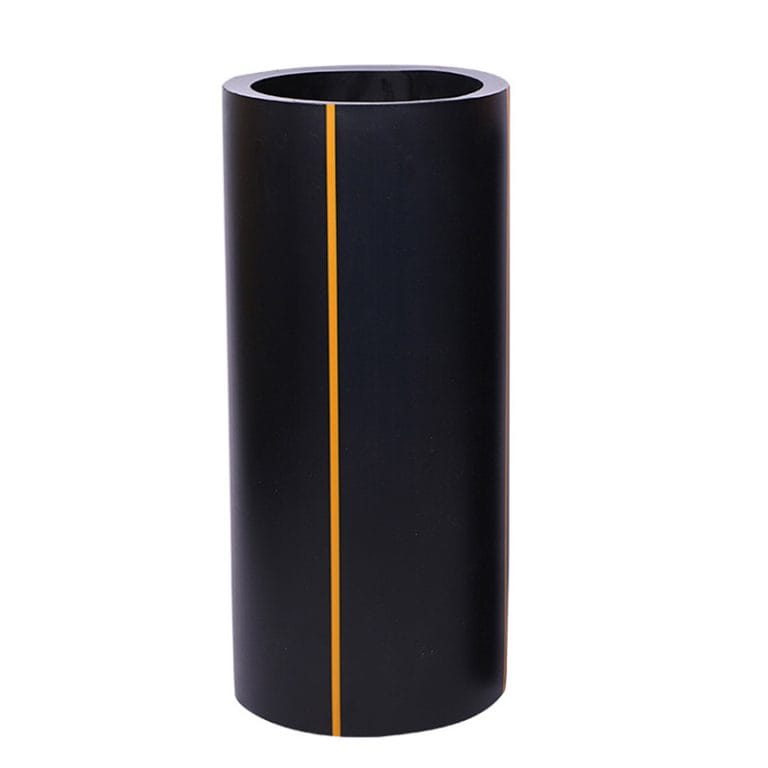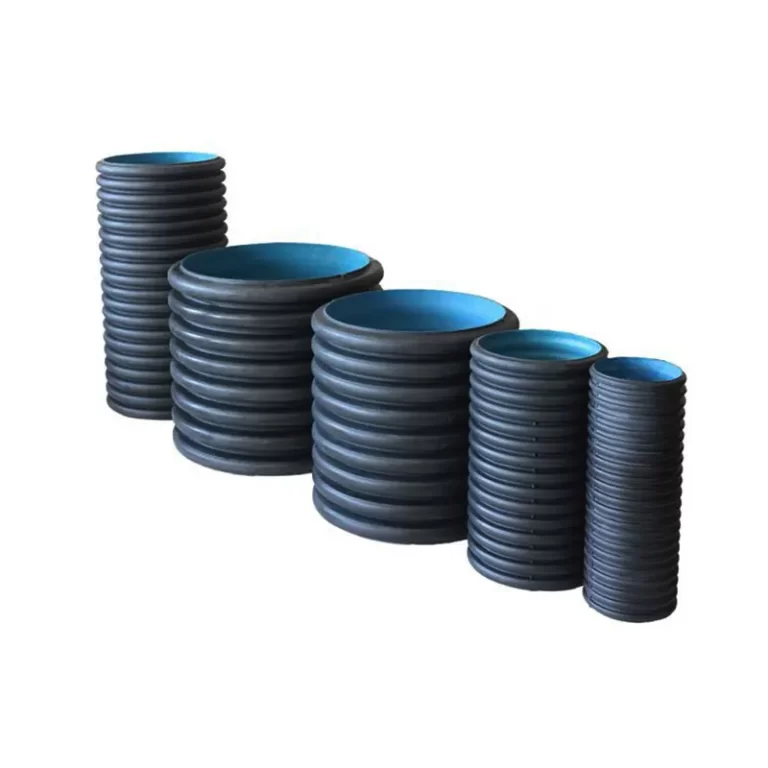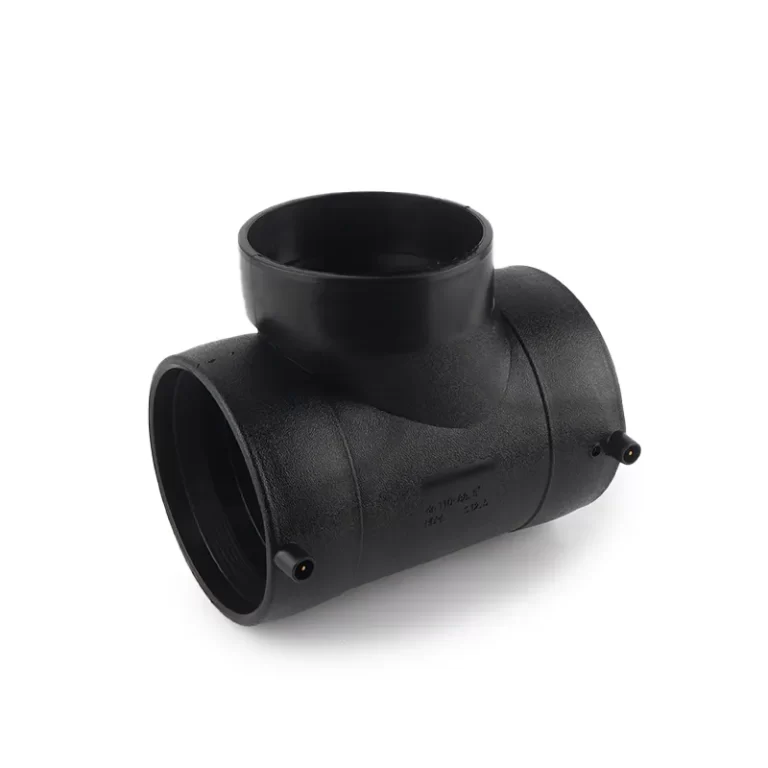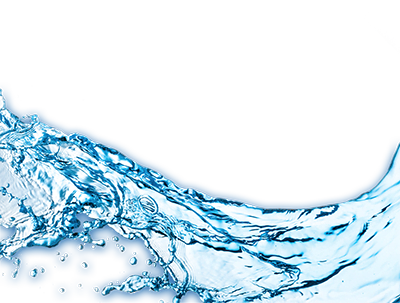Black HDPE Irrigation Pipe refers to pipes made of High-Density Polyethylene (HDPE) commonly used in agricultural and landscape irrigation systems. HDPE is a strong, flexible, and durable material that is well-suited for transporting water over long distances and in a variety of environmental conditions. Any irrigation system, from a small lawn sprinkler network to an extensive golf course irrigation system, is only as effective and reliable as the piping it uses to transport water.
In the past, most irrigation systems on commercial or residential properties had piping and tubing of PVC plastic, galvanized steel, or aluminum. However, many modern irrigation systems rely on black HDPE irrigation pipe — and for good reason. This remarkable plastic has a number of unique properties that make it an ideal choice for carrying water through irrigation systems.

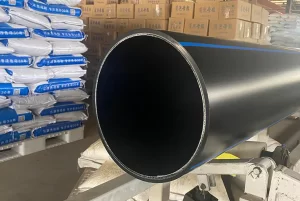
Benefits of black HDPE irrigation pipe
- Chemical Resistance: Studies show that black HPDE irrigation pipe will not corrode or tuberculate, maintaining flow velocities over the life span of the system.
- Durability and Flexibility: HDPE pipe is a more durable and flexible pipe material with a bend radius up to 20 times the pipe diameter. This allows the HDPE pipe to conform to an imperfect installation path without the need to add costly fittings and excessive pipe joints.
- Extreme Surge Tolerance: HDPE pipes are the most resistant to surge and fatigue of any potable water piping systems. HDPE pipe can handle much higher flow velocities which result in lower pressure surges compared to other potable water piping systems.
- Temperature Resistance: Black HDPE irrigation pipe can handle fluid and environmental temperatures ranging from -40°F to 140°F, making HDPE water pipe suitable for use with hot or cold water in many different environments.
- Installation: HDPE pipe is cheaper to install than other potable water piping systems. Could be installed with trench-less technologies (directional drilling, pipe bursting, slip-lining, and compression fit lining), making HDPE pipe the most commonly used piping material for trenchless installations, greatly reduce the amount of construction restoration, leading to a cost savings up to 65%.
